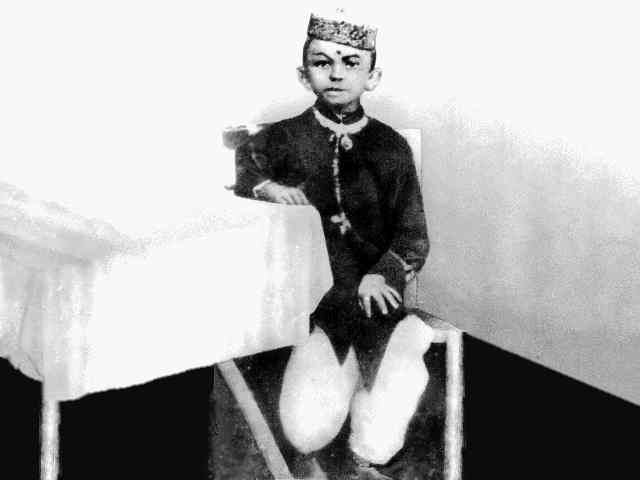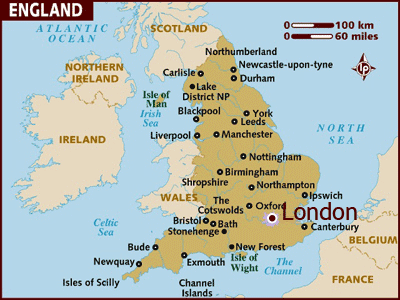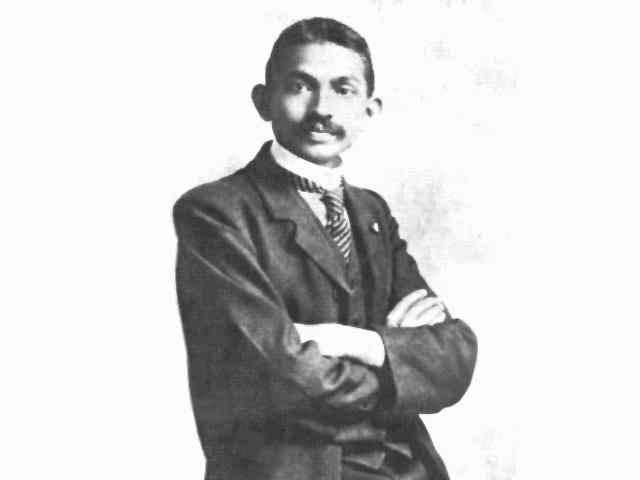Mohandas Gandhi
Mohandas "was brought up in a Hindu environment which had little connection with the outside world" (Andrews, xxiii). His mother "was deeply religious. She would not think of taking her meals without her daily prayers" (Gandhi, 4). On the other hand, his father was "truthful, brave, incorruptible, and short-tempered" (Feuerlicht, 1).
When "Mohandas was seven years old, his family moved to

(Gandhi as a Child. Digital image. Gandhi and Children. 25 Dec. 2008 <http://www.ruraluniv.ac.in/Gandhi%20as%20a%20child.JPG>.)
"Mohandas was married to Kasturbai Makanji when both were 13 years old" (Falkensteiner, 1). As a result of their marriage, Gandhi missed a year of school. During that time, "the passion for truth was innate in [him], and to be false to her was therefore out of question" (Gandhi, 11). "At first the thirteen-year-old couple were almost too shy to speak to each other, but Gandhi soon became bossy and jealous. Kasturbai could not even play with her friends without his permission and often he would refuse it" (Feuerlicht, 1). However, Gandhi believed that his actions were "based on love. [He] wanted to make [his] wife an ideal wife" (Gandhi, 12).
During high school, Gandhi "always enjoyed the affection of [his] teachers. Certificates of progress and character used to be sent to parents every year. [He] never had a bad certificate" (Gandhi, 14).
One event that remained with Gandhi was when he "stole a bit of gold out of [his] meateating brother's armlet. This brother had run into a debt of about twenty-five rupees. He had on his arm an armlet of solid gold. It was not difficult to clip a bit out of it" (Gandhi, 26). Feeling ashamed, "[he] resolved never to steal again. [He] also made up [his] mind to confess it to [his] father" (Gandhi, 26). At that time, Gandhi's father "was then suffering from a fistula and was confined to bed" (Gandhi, 26). "Gandhi was sixteen when his father died" (Feuerlicht, 1).
After some time at law school in

At law school, "Gandhi was an earnest student, taking on more work than was required, and the more he studied, the more austere he became" (Feuerlicht, 2). In addition, "he joined the Vegetarian Society, was elected to its executive committee, and founded a local chapter" (Mohandas Gandhi Biography, 1). He worked hard and "easily passed his law examinations, was called to the bar on June 10, 1891, enrolled to practice in the High Court on the 11th, and sailed for home on the 12th" (Feuerlicht, 2). Unfortunately, "his mother had died just before his return to

After returning home, "the twenty-one year old Gandhi tried to set up a practice in Bombay, but failed, and had to move to his home town, where he joined his brother in doing petty legal work" (Gupta, 1). Gandhi worked there for a whlie, but then, in 1893, "a large Indian firm in Porbandar asked him to go to